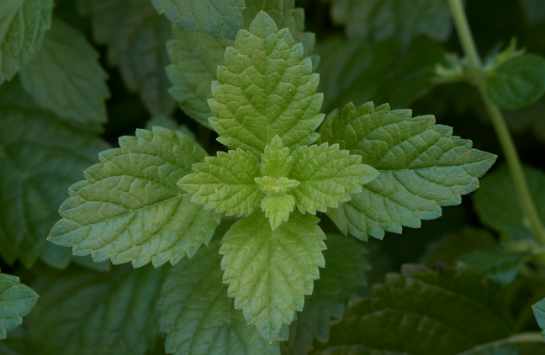ECoG | Overview

The Ethnobotany Collaborative Group (ECoG), within the Pharmacognosy Institute, is an integral part of research and education at the UIC College of Pharmacy UIC’s Pharmacognosy Graduate Program has long attracted students interested in medical ethnobotany with research projects around the globe, including locally in the Chicago area.
UIC has a rich history of ethnobotany field research, along with a variety of built-in resources, including the Dorothy Bradley Atkins Medicinal Plant Garden, 50,000+ medicinal plant samples at the Pharmacognosy Field Station from 50+ years of pharmacognosy fieldwork, and many state-of-the-art research laboratories across campus that study the interactions between plants, humans, and well-being.
ECoG | General Profile & Information
-
Mission
The ECoG group seeks to better understand the uses of plants for healthcare and the diversity of plants used in medical practice in the past, today, and in the future. The group studies the interconnections between people and plants and the value of various knowledge systems across the globe.
-
Research
View some of the past and ongoing research conducted by members of the group.
-
Education
The ECoG group offers an HON 201 seminar series through the UIC Honors College, entitled “Plant Medicine from Rainforest to Metropolis – A Legacy for the Future”.
-
Outreach
The ECoG community task force uses medical ethnobotany to connect with greater Chicago area communities.
-
Events & Activities
The ECoG group organizes events such as the Pharmacognosy Roundtable and other activities open to the community announced on the Events Pages of the Pharmacognosy Institute
-
Collaborative Entities